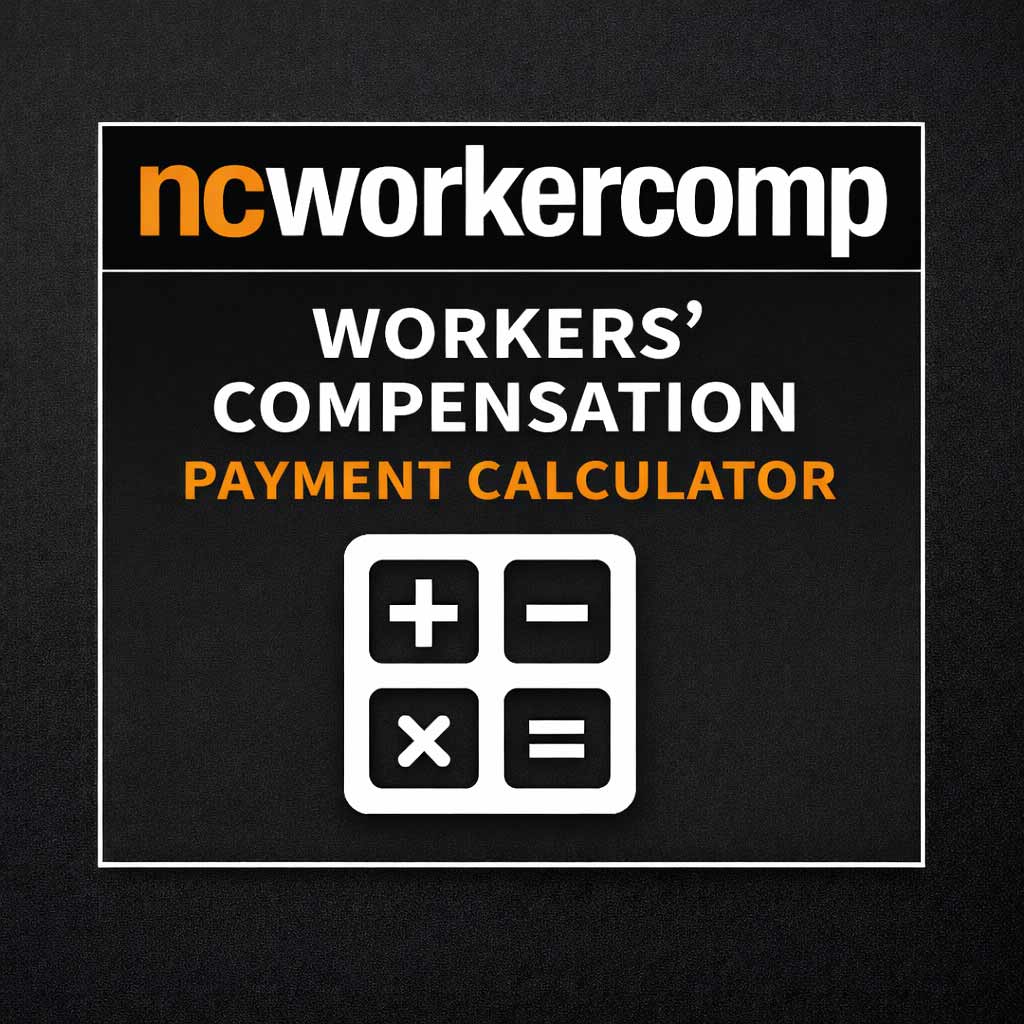Should you take a NC Workers’ Comp Settlement?
One of the most important decisions an injured NC worker will make is whether to accept a NC Workers’ Comp Settlement. Often as medical treatment is winding down and the worker is reaching Maximum Medical Improvement, an insurance adjuster or an attorney working for an employer will contact an injured worker to discuss settlement. If you have not already consulted a Board Certified Workers’ Compensation Lawyer in North Carolina this is a good time to do so. 
Many workers’ compensation claims in North Carolina will eventually settle by “clincher” agreement. A “clincher” is a full and final NC workers’ compensation settlement. A clincher agreement resolves all the issues in a NC workers’ compensation case, including all medical treatment and wage replacement benefits. A clincher or settlement agreement ends all compensation and is intended to entirely resolve the claim.
Injured workers will sometimes confuse the payment of a rating pursuant to NC General Statute § 97-31 with a settlement. GS § 97-31 sets out what is sometimes referred to as a settlement chart for NC workers’ compensation claims. In reality, the payment of a rating is not a full and final settlement but it does affect important rights. Workers should carefully consider the potential effects of accepting a payment on a rating.
There is no requirement in North Carolina that a workers’ compensation case settle and in fact some cases should not settle. A badly injured worker with an accepted workers’ comp claim who is permanently disabled and will require continuing medical treatment will usually be better off letting the employer/insurer pay lifetime wage replacement and medical benefits. This employee should focus on coordinating their workers’ compensation with other public and private benefits.
The decision of whether to accept a NC Workers’ Comp Clincher Settlement requires an analysis of the value of the benefits the injured worker is giving up. For this reason, great care must be taken in settling a workers’ compensation claim in North Carolina before all critical medical treatment is completed and the employee has reached the end of the healing period, called Maximum Medical Improvement “MMI,” . Prior to MMI it is impossible to accurately evaluate future medical needs and to identify any permanent physical limitations. In accepted cases it is usually better to wait until the injured worker has reached Maximum Medical Improvement before beginning settlement discussions.
To determine the value of a NC workers’ compensation clincher settlement the worker must first determine the medical treatment the worker is likely to need in the future and the cost of that treatment. This includes future medical appointments, medications, physical therapy and revisions to any medical hardware such as a revised knee replacement.
The injured worker must also factor in the remaining wage replacement disability benefits, including total disability and partial disability payments. This evaluation should include any assigned disability rating as well as the likelihood of continuing total disability or partial disability payments over the life of the claim. If the employee is expected to receive a stream of future disability benefits then those future payments should be reduced to their current value for settlement purposes.
Another important consideration is coordinating workers’ compensation benefits with other available benefits. Other benefits include Social Security disability, Medicare, Medicaid, private long or short term disability policies, and Social Security retirement. Settling a workers’ compensation case without regard to how it may affect these other benefits can be a serious mistake. In particular Medicare takes a dim view of a workers’ compensation claimant settling their case and then coming to Medicare to pay for medical treatment related to the injury. In fact, the law requires that injured workers consider Medicare’s interest in settling their workers’ compensation claim.
Social Security disability payments may be dramatically affected if the settlement documents do not properly “offset” settlement proceeds. There are several methods for calculating these Social Security offsets and the injured worker is entitled to pick the one that works best for them. If the worker fails to do this Social Security will determine how the funds are treated, often to the detriment of the worker.
Sometimes, an injured worker simply wants to move on from their workers’ compensation case, even though they are not able to continue in same work they did before the injury. A properly negotiated and timed settlement can help an injured worker transition to the next phase of their life.
Finally, it is important not to confuse the payment of a percentage disability rating with a settlement. The payment of a rating does not cut off medical benefits. (But note that medical benefits may end two years from the last payment of any compensation.) In addition, if a compensable injury worsens after a rating is paid the employee can request additional wage replacement compensation by making a change in condition claim within two years of receipt of the ratings payment. The payment of a rating is not a settlement, but does mark the beginning of an important two year deadline for additional benefits.
Whether to accept a settlement in a North Carolina workers’ comp case is a complicated question. Every case is different, and there is no settlement calculator for a NC workers’ comp case.
If you have questions about whether you should accept a NC Workers’ Comp Settlement, please call or click for your free consultation with Board Certified Workers’ Compensation Specialist Kevin Bunn.

